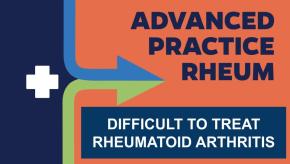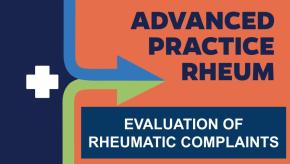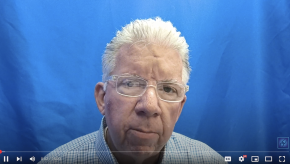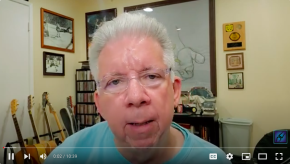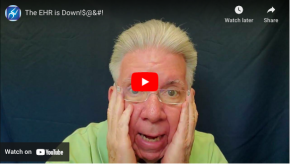
Blogs


Evaluation of Rheumatic Complaints
Dr. Cush provides a systematic approach to evaluating musculoskeletal and rheumatic complaints in clinical practice.
CNS Lupus (NPSLE)
29 yr. old woman with SLE and transverse myelitis. Is this NPSLE; how to diagnose?Hydroxychloroquine for Everyone
Nearly 25 years ago, while lecturing on best therapies for rheumatoid arthritis (RA), I loudly stated that hydroxychloroquine was “useless” and, deservedly, I was “boo-ed” off stage. My point then was that rheumatologists needed to be aggressive, if not overly aggressive, in treating all RA patients. And my view was that HCQ was representative of under-treatment. I have reconsidered the use of HCQ in RA substantially in the last few years, based on its merit.The War Rheum
The effects on rheumatologists and their patients living in Ukraine largely have been unseen by the world. At ACR Convergence 2024, I met Dr. Marta Dzhus who practices at St. Michael's Clinical Hospital in Kyiv; she shared her story with me about the humanitarian crisis in rheumatologic care in Ukraine because of the ongoing war. Here is an excerpt of our conversation.Rheum to Travel
One of the benefits of attending conferences aside from scientific exchange is meeting new people. At one symposium, I met a unique rheumatologist. This chance meeting turned into an interview, that turned into a blog. Holly Bastian, MD is a rheumatologist practicing without the restraints of being tied to a place. She is a nomadic rheumatologist, a rheum on the road who embodies Johnny Appleseed as she spreads her knowledge and skills to multiple places in need of rheumatologic services. This is her story.
Overlap Syndrome with ILD
How would you manage a patient with Overlap (anti-synthetase) syndrome, ILD, polyarthritis and myositis?


